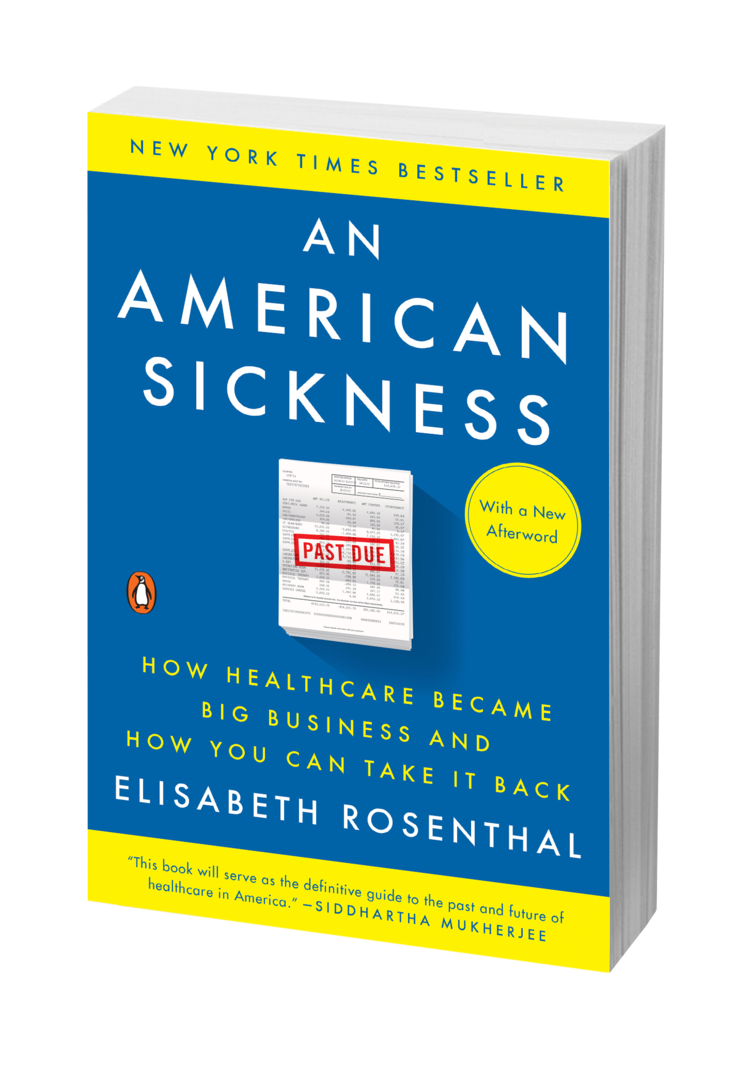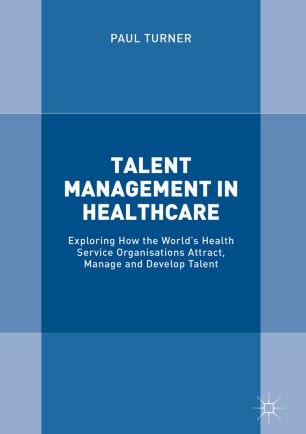Cost effectiveness analysis without a clear understanding of budget impact is a theoretical effort with limited consequences in practice. If you want a clear view of the whole process and go beyond cost-effectiveness, a new book tries to summarise the current state of the art.
I'm not so sure that the title "Health economics from theory to practice" really fits with content you expect, but think about a different title "cost-effectiveness from theory to practice" and this is precisely what you'll find.
This book provides a robust set of health economic principles and methods to inform societal decisions in relation to research, reimbursement and regulation (pricing and monitoring of performance in practice). We provide a theoretical and practical framework that navigates to avoid common biases and suboptimal outcomes observed in recent and current practice of health economic analysis, as opposed to claiming to be comprehensive in covering all methods. Our aim is to facilitate efficient health system decision making processes in research, reimbursement and regulation, which promote constrained optimisation of community outcomes from a societal perspective given resource constraints, available technology and processes of technology assessment. Importantly, this includes identifying an efficient process to maximize the potential that arises from research and pricing in relation to existing technology under uncertainty, given current evidence and associated opportunity costs of investment. Principles and methods are identified and illustrated across health promotion, prevention and palliative care settings as well as treatment settings. Health policy implications are also highlighted.And the conclusion:
The framework and methods presented have been shown to enable optimising of joint research, reimbursement (adoption and financing) and regulatory (pricing and practice monitoring) processes and decision making. Jointly addressing these related decisions has been shown to be key in meeting current and future challenges of baby boomer ageing and more generally in identifying areas for policy reform to enable a pathway to budget-constrained optimisation of community net benefit. The bottom line for such reforms is that better use of existing programmes and technologies and associated research that reflect community preferences is required and particularly now in facing the challenge of budget-constrained successful ageing of the baby boomer cohort.

